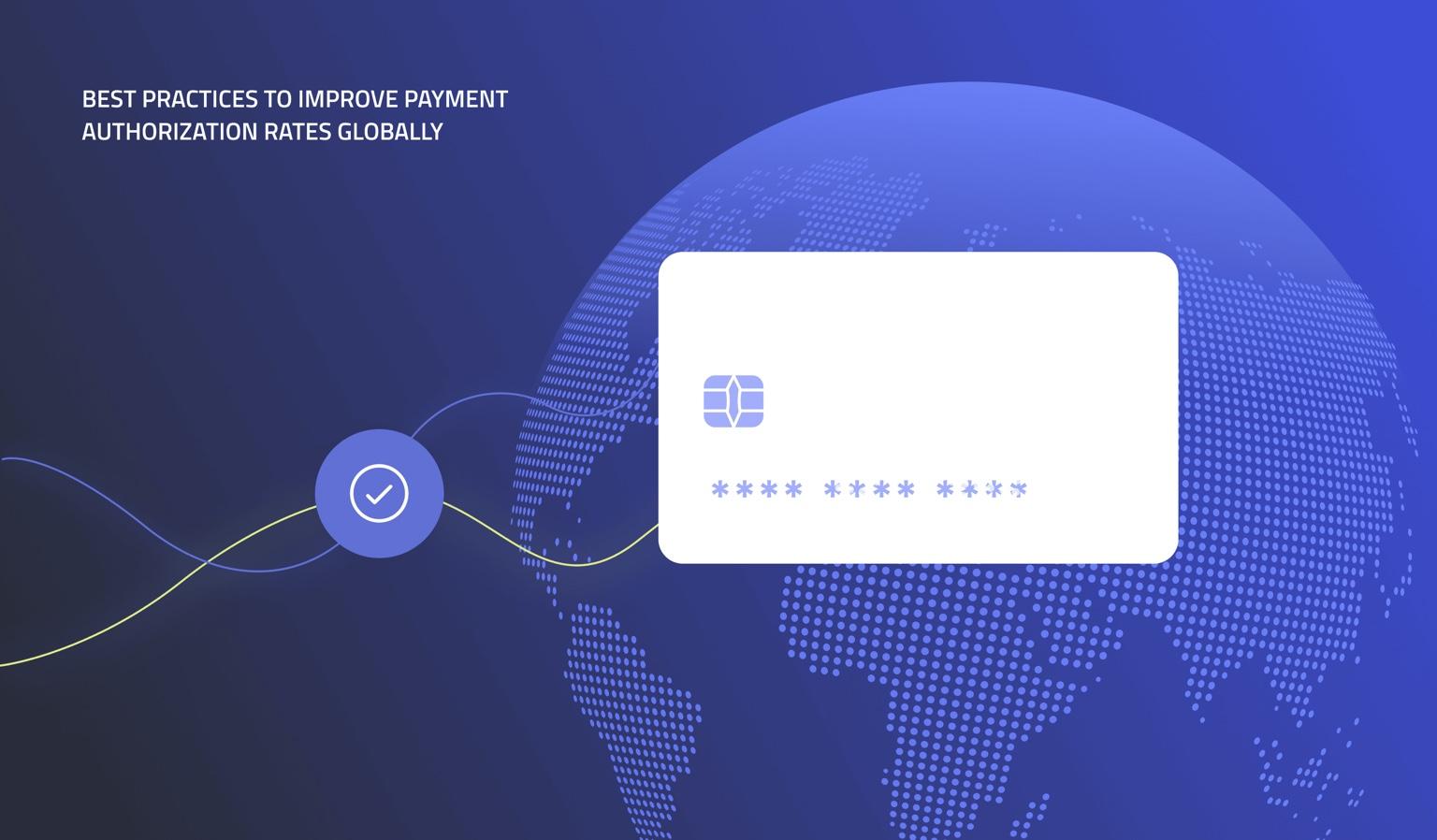Winning the Payments Game: Why Orchestration Is Now Mission-Critical for Gaming Companies

The gaming industry is booming. In 2024, global gaming revenues topped $184 billion, fueled by more than 3.3 billion players around the world. Whether it’s multiplayer shooters in Southeast Asia, mobile puzzle games in Brazil, or console epics in North America, one thing unites them all: the need for seamless, secure, and scalable payments.
But for studios and publishers, the path to capturing that revenue is riddled with complexity. Payments—once viewed as a back-office utility—are now a direct driver of revenue, retention, and player experience. And too many gaming companies are still operating on outdated infrastructure.
The Real Boss Fight: Payments
In today’s hyper-competitive gaming economy, missed payments are missed opportunities. But they’re happening at scale:
- Cart abandonment rates hover near 70%, often due to failed payments, friction, or lack of local methods.
- Recurring payment failures are a major contributor to involuntary churn, especially in subscription-based models.
- Integrating a new PSP or fraud tool can take weeks, diverting engineering resources away from core gameplay features.
- Single points of failure—like a PSP outage—can cost millions in lost transactions during peak events or launches.
These aren’t just operational headaches. They’re growth blockers. And in global markets, the stakes are even higher.
Global Players, Local Expectations
Gamers aren’t just digital natives—they’re payment-savvy. A player in Seoul might use KakaoPay, while one in São Paulo prefers Pix. In North America, instant checkout and recurring billing reliability are table stakes. In Southeast Asia, wallets like GCash and QR-code payments dominate.
Yet too many payment stacks are rigid, centralized, and built for a one-size-fits-all world. That’s a recipe for friction, failure, and lost revenue.
Here's how payment behaviors differ across different regions:
- LATAM: low credit card penetration and fragmented PSPs require local expertise.
- APAC, mobile-first behaviors and super apps redefine payment flows.
- EMEA: regulation, localization, and domestic schemes complicate expansion.
- North America: expectations for speed, security, and seamless subscriptions remain high.
No two regions are alike—and winning globally means adapting locally. That’s exactly what orchestration unlocks.
How Orchestration Changes the Game
Payment orchestration gives gaming companies a centralized layer to manage every provider, payment method, rule, and market—while automating the complex logic behind the scenes. The result is a more efficient, revenue-optimized operation with less complexity.
Orchestration transforms the payments experience by aligning tactics with strategic goals. To increase approvals, orchestration uses smart routing and retry logic, delivering a 5–11% uplift in conversions. To accelerate market launches, no-code onboarding for PSPs and alternative payment methods enables teams to go live in days rather than months. Operational workload is reduced through a unified dashboard and automation, allowing leaner teams to operate with fewer errors. To boost player trust and reduce fraud, orchestration offers flexible fraud tools and localized 3DS, resulting in lower chargebacks and a smoother user experience. And to maximize monetization, orchestration spans across platforms to deliver consistent revenue across all channels.
Yuno’s orchestration platform powers this transformation by supporting hundreds of global and local payment methods—from cards and wallets to buy now, pay later (BNPL) and carrier billing—while dynamically adapting to performance, geography, and user behavior in real time.
One Gaming Company Recovered $30M With Orchestration
One of Yuno’s gaming clients—a mid-sized global studio with a hit free-to-play title—was facing severe limitations:
- High payment failure rates in key growth regions
- Single PSP setups that caused costly outages
- Slow rollouts of new payment methods
- An overburdened engineering team spending more time on PSPs than gameplay
After implementing Yuno’s orchestration layer, everything changed:
- Approval rates jumped 11%, especially in LATAM and Southeast Asia
- $30 million in incremental revenue was recovered from failed transactions
- PSP onboarding time dropped by 90%
- The studio expanded into 10 new markets in under 3 months—with zero added engineering headcount
The result: a modular, adaptive payments stack that drives revenue, not roadblocks.
Ready to Win?
Whether you're monetizing in-game items, subscriptions, or battle passes, your payment infrastructure should be a competitive advantage, not a bottleneck.
Download our newest eBook "Winning the Payments Game: How Orchestration Unlocks Growth in a Fragmented Global Market" to explore the full orchestration playbook,and see how leading studios are scaling globally.





.png)





